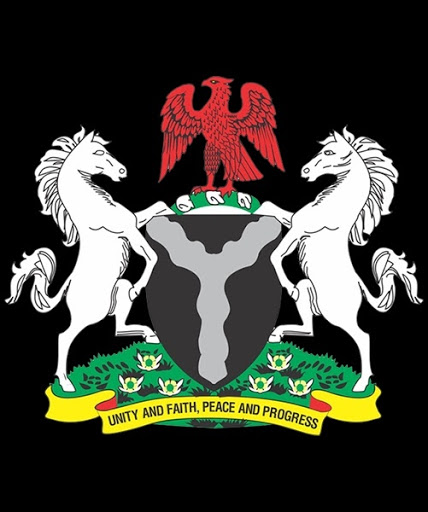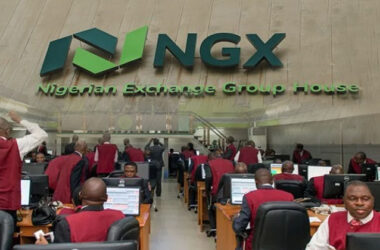Nigeria stands at a critical crossroads in its economic journey, grappling with the dual challenges of fostering growth and maintaining stability. The recent wave of economic policy reforms introduced by the government aims to address long-standing structural weaknesses, boost local production, and attract investment. However, the path to achieving these goals is not without its challenges. As businesses brace for the impact of these reforms, the delicate balance between growth and stability must remain at the forefront of economic discourse.
At the heart of these reforms are measures aimed at curbing inflation, stabilizing the naira, and reducing the nation’s dependence on imports. The removal of fuel subsidies, tax increases, and tighter monetary policies reflect the government’s commitment to economic restructuring. While these policies are necessary for long-term sustainability, their immediate effects are creating waves of uncertainty across various sectors. The private sector, particularly small and medium enterprises (SMEs), finds itself vulnerable to the rising operational costs and fluctuating market conditions.
The government’s challenge is to implement reforms that address economic imbalances without stifling growth. It is a complex balancing act. On one hand, there is an urgent need to control inflation and stabilize the currency; on the other, businesses require a stable environment to innovate, expand, and create jobs. The business community’s concerns about rising interest rates and reduced access to foreign exchange are valid and must be addressed with sensitivity.
Moreover, the ripple effects of global economic trends cannot be ignored. Nigeria, like many emerging economies, is deeply interconnected with the global market. Fluctuating oil prices, global inflation, and geopolitical tensions have a direct impact on the country’s economic performance. In this context, policy decisions must be forward-thinking, factoring in external variables that could either derail or accelerate growth.
To navigate these turbulent times, there must be a focus on collaboration between the government and the private sector. Policy reforms should be accompanied by open dialogues, transparency, and a clear roadmap that businesses can align with. In addition, the government must prioritize creating an enabling environment where innovation, diversification, and resilience are at the core of business strategies.
Nigeria’s economic future depends on a pragmatic approach that balances the short-term pain of reforms with long-term gains. If successfully implemented, these reforms could position the country as a more competitive player in the global market, enhancing investor confidence and stimulating local industries. However, this requires a steady hand in policymaking, a commitment to addressing immediate challenges, and a vision for sustainable growth that benefits all Nigerians.
In this delicate balancing act, growth and stability are not mutually exclusive. The right mix of policies, collaboration, and strategic planning can lead to a prosperous future. However, the path to that future requires careful navigation and a willingness to adapt to the evolving economic landscape.








